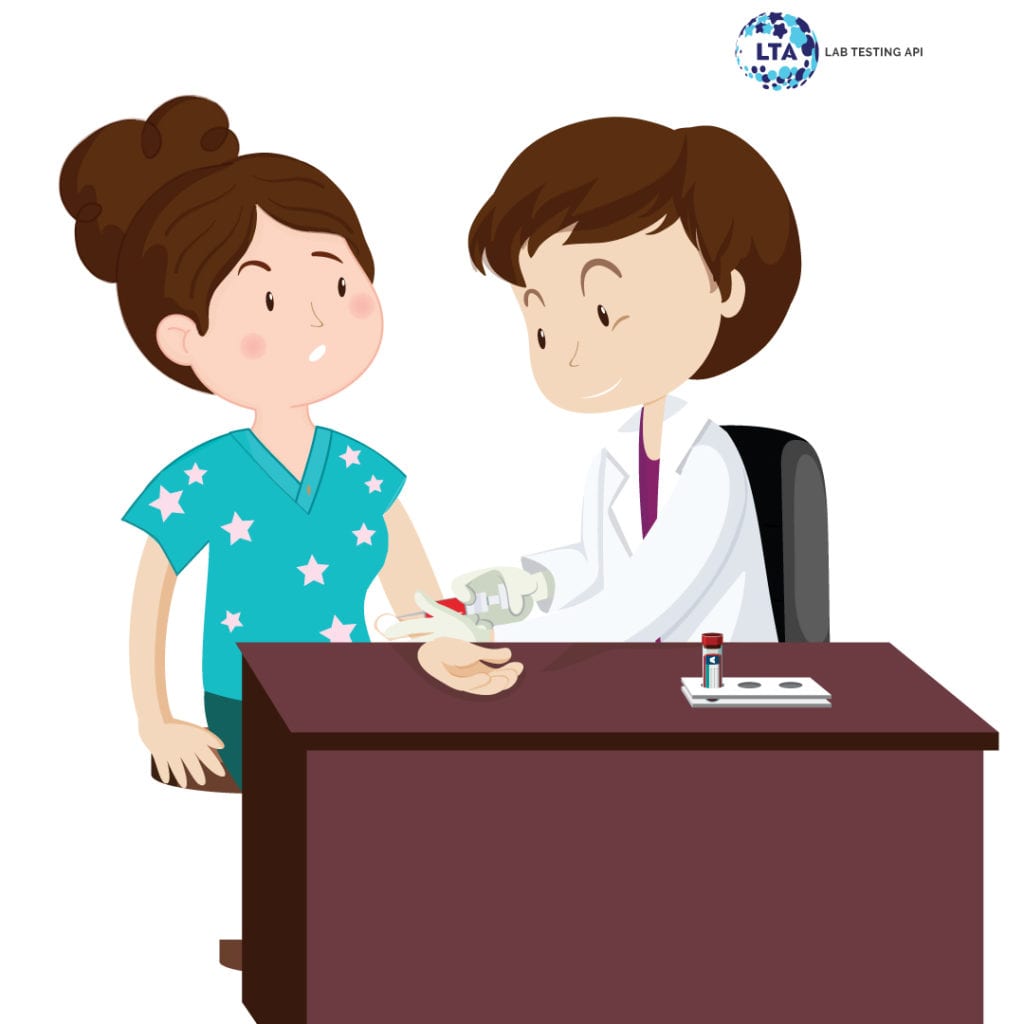
The corporate world is experiencing a paradigm shift with more female employees slowly rising the ladder and creating their position in the once called “men’s world”. A successful woman today flawlessly juggles between their roles at home and work and is smartly reprioritizing their focus where and when it needs. This huge portfolio of responsibilities surely demands double the amount of energy to keep going, so maintaining good health is vital for women.
Optimum health helps women to work effectively and maintain a balanced focus among work and family. A proper diet with exercise is no doubt important for women to keep going. But is that enough for the powerhouse to go 24X7? The answer is big no. Along with Balanced Diet and Exercise, regular preventive health check-up (PHC) is a must for women in maintaining good health and keeping their spirits up. PHC is an important practice that women must include in their daily life. It helps in identifying any underlying health issues, helps investigate deficiency, infection, or diseases like diabetes or heart ailment.
According to Harvard Medical school, there are four blood tests in particular, that are essential for every woman to get an in-depth analysis of their health. So, during your regular check-up, if your doctor hasn’t suggested one or more of these blood tests, you should request a lab order that has the following tests:

A blood sugar test measures the level of glucose (sugar) in your blood. The high levels of Blood Sugar in the body is an indicator that one’s body has an impaired ability to either produce or respond to the hormone insulin (the hormone that moves sugar into the cells to be used for energy). It might also suggest that one might be pre-diabetic.
Blood sugar/glucose levels should be checked on a regular basis to monitor the blood sugar levels. It is recommended that fasting glucose level or Hemoglobin A1c (HbA1C) (an average amount of glucose in the blood over the last 2 to 3 months), once a year, or more often be checked if person’s blood pressure is high (1).
According to the Centers for Disease Control and prevention, it is important to control the blood glucose levels as high blood sugar (hyperglycemia), if left undiagnosed and further untreated can become severe and lead to serious complications requiring emergency care, such as a diabetic coma. In the long term, persistent hyperglycemia, even if not severe, can lead to complications affecting the eyes, kidneys, nerves, and heart.
Cholesterol is a waxy, fat-like substance found in the blood and every cell of the body. Some amount of cholesterol is needed to keep the cells and organs healthy. There are two main types of cholesterol: low-density lipoprotein (LDL), or “bad” cholesterol, and high-density lipoprotein (HDL), or “good” cholesterol. A cholesterol test helps measure the amount of each type of cholesterol and certain fats (triglycerides) in the blood. The cholesterol test is also named the Lipid Panel/Lipid Profile test.
According to Harvard Medical School, Women who are at increased risk for heart disease or who having diabetes should get tested at least once a year. Additionally, tests should be done frequently by those women who are –Obese, drink, or smoke. Women with normal levels of cholesterol and triglycerides are recommended to consult their doctors about the frequency to take this test.
The elevated cholesterol or triglyceride levels in the blood may put one at risk for heart disease and other serious conditions. High LDL levels in the blood can lead to a building-up of fatty substances, that eventually narrows the arteries and blocks blood from flowing normally. When blood flow to the heart is blocked, it can cause a heart attack. On the other hand, when blood flow to the brain is blocked, it can lead to stroke and peripheral artery disease (PAD).
Thyroid tests help evaluate the functioning of thyroid gland function and further help diagnose thyroid disorders and monitor the treatment of thyroid disorders.
A thyroid panel is a group of tests including tests for TSH (thyroid-stimulating hormone), Free T4 (thyroxine), Free T3, or total T3 (triiodothyronine), Thyroid Peroxidase, and Thyroglobulin Antibodies.
TSH (thyroid-stimulating) is a pituitary hormone that is part of the feedback system of the body that controls thyroid hormones. This is usually the first test the doctor will do to check for thyroid hormone imbalance.
T4 (thyroxine) and T3 (triiodothyronine) tests are used to determine hypothyroidism (underactive) or hyperthyroidism (an overactive thyroid). T3 and T4 are the two important hormones secreted by the thyroid gland. Nearly all the T4 (and T3) found in the blood is bound to protein. The rest is unbound (free/active) and is able to enter and affect the body tissues. In addition to T4 and T3, the test also measures the amount of free (unbound) T4, free (unbound) T3, or the total T3 (bound plus unbound) in the blood.
Thyroid antibodies: The test also helps detect different types of autoimmune thyroid conditions. Few important thyroid antibody tests include microsomal antibodies (also known as thyroid peroxidase antibodies or TPO antibodies), thyroglobulin antibodies (also known as TG antibodies). The detection of the same is very helpful in determining the cause of thyroid problems.
Women over 60 must talk to the doctor about getting tested. Also, one should get checked if having symptoms of hypothyroidism or hyperthyroidism.
If your thyroid gland does not produce enough T4 and T3 (underactive thyroid), due to thyroid dysfunction or because of insufficient TSH, one may experience symptoms such as weight gain, lack of energy, and depression. This condition is called hypothyroidism. If the thyroid gland produces too many hormones, one may experience weight loss, high levels of anxiety, tremors, and a sense of being on a high. This is called hyperthyroidism. Thyroid hormone is an important hormone during the pregnancy that can affect the brain and nervous system development of the baby, especially during the first trimester. Untreated thyroid disease can cause miscarriage, premature birth, or low birth weight. Having an underactive thyroid during pregnancy can also affect the baby’s growth and brain development.
Vitamin D is a fat-soluble vitamin that helps regulate calcium and phosphate in the body and keeps bones, muscles, and teeth healthy. Vitamin D goes through several processes before its actual usage in the body. The first transformation occurs in the liver. Here, the body converts vitamin D to a chemical known as 25-hydroxyvitamin D (also named calcidiol). The Vitamin D, 25 Hydroxy Blood Test is used to monitor vitamin D levels in the body. It can also be used for monitoring Vitamin D replacement therapy. Vitamin D deficiency is more prevalent these days because of reduced exposure to sunlight.
The doctor should be consulted for test frequency as this test is more associated with the age, diet, and level of sun exposure.
One must understand that abnormal levels of vitamin D in the body can be an indicator of bone disorders like rickets, bone malformations, bone weakness, or osteoporosis; nutrition problems; organ damage, or other medical conditions.
Written by Dr. Shikha Sharma, Reviewed by Dr. Harshi Dhingra
